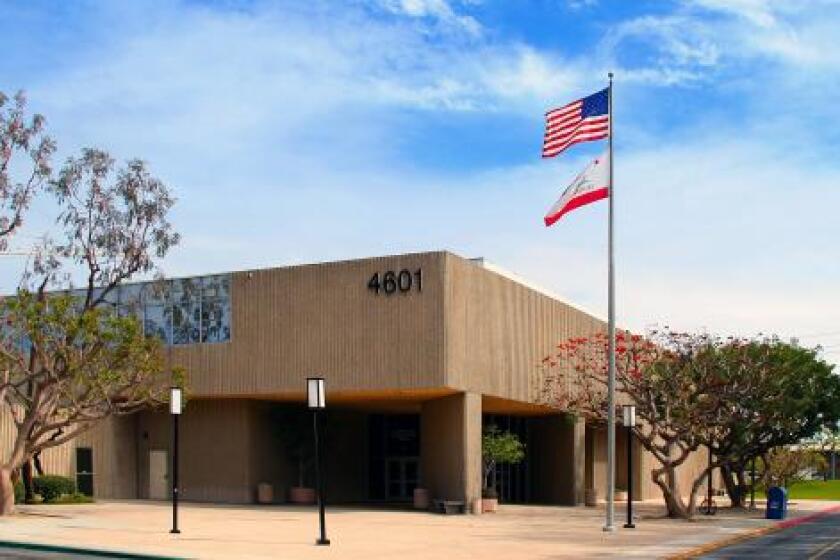Libraries to get Internet filters
- Share via
Mathis Winkler
NEWPORT BEACH--Library trustees got quite a surprise while searching
the Internet this week.
When they checked for pictures of vegetables online, they ended up
finding pornographic Web sites.
After keywords such as Aphrodite and Barbie also led them to
sex-related sites, the four board members didn’t have to think long
before voting unanimously to buy Internet filters for 14 children’s
computers--reserved for students through sixth grade--in the city’s
public libraries. The software will not affect about 60 other library
computers with Internet access.
Trustees chose a filter called “Bess” that is used in 36% of the
nation’s school libraries. The program costs more than two other
alternatives reviewed by library officials. After a one-time fee of
$2,995, the city will pay $1,440 annually.
Unlike its competitors, Bess filters Web sites in foreign languages
and redirects users to an education-oriented search engine. City
officials could not say how long it would take to install the software.
The child-safety program has long been a contentious issue across the
nation, leading to lawsuits from both ends of the spectrum.
In Loudoun, Va., a group sued the city’s public libraries for
installing Internet filters. In the Northern California community of
Livermore, a mother sued city officials for exposing her son to Internet
pornography on its library computers.
The Newport-Mesa Unified School District has restricted Internet
access for four years, said Alan Engard, the district’s director of
information technology.
While the district also uses a subscription-based “firewall” for its
3,000 computers with Internet access, the system doesn’t offer children
alternative Web sites, only directing them to try another search.
In Newport Beach, the city so far has held parents responsible for
monitoring their children’s online Web surfing.
“As with other materials, parents and guardians of children--not the
library--are responsible for their children’s use of the Internet,” a
section of the City Council’s policy manual states.
And since no filtering system is guaranteed to block out every
pornographic site, that is not really going to change.
“We will do what we can, but we can’t do it all,” said library trustee
Julie Ryan, adding that parents still have to decide what they want their
children to see.
Although trustees have discussed the issue before, recent federal
legislation prompted the board to revisit the idea.
In December, Congress approved the Children’s Internet Protection Act,
which requires libraries to introduce safety measures that block material
seen as “harmful for minors” in order to receive discounted Internet
access or funds to buy computers.
The American Library Assn. filed a lawsuit Tuesday against the new
law, arguing that it restricts access to information protected under the
U.S. Constitution.
Since the city’s public libraries don’t rely on federal funds,
complying with the law wasn’t the issue. But deferring to the values of
Newport Beach residents, trustees said filters seemed appropriate.
“You type in Bambi and end up with something that didn’t involve Bambi
at all,” said Patrick Bartolic, chairman of the library board of
trustees.
He said the control that librarians had over content in the
pre--Internet era has disappeared.
“By having [World Wide] Web access in the library, it brings in all
kinds of things,” Bartolic said.
Although library officials said they have not heard any complaints
about the unrestricted access now available, trustees asked for a report
on the filters in six months.
All the latest on Orange County from Orange County.
Get our free TimesOC newsletter.
You may occasionally receive promotional content from the Daily Pilot.



